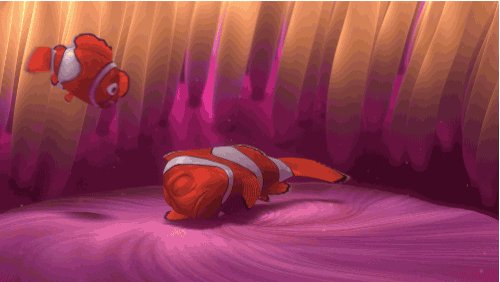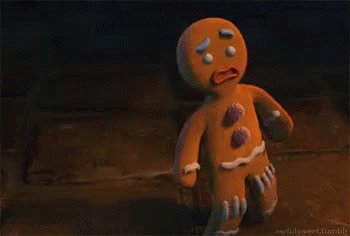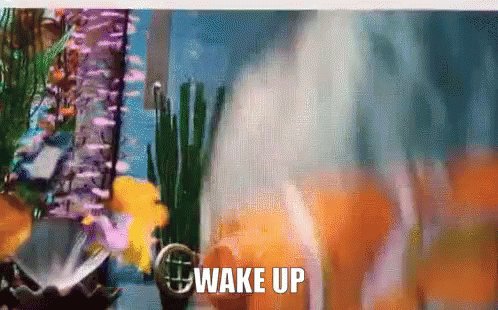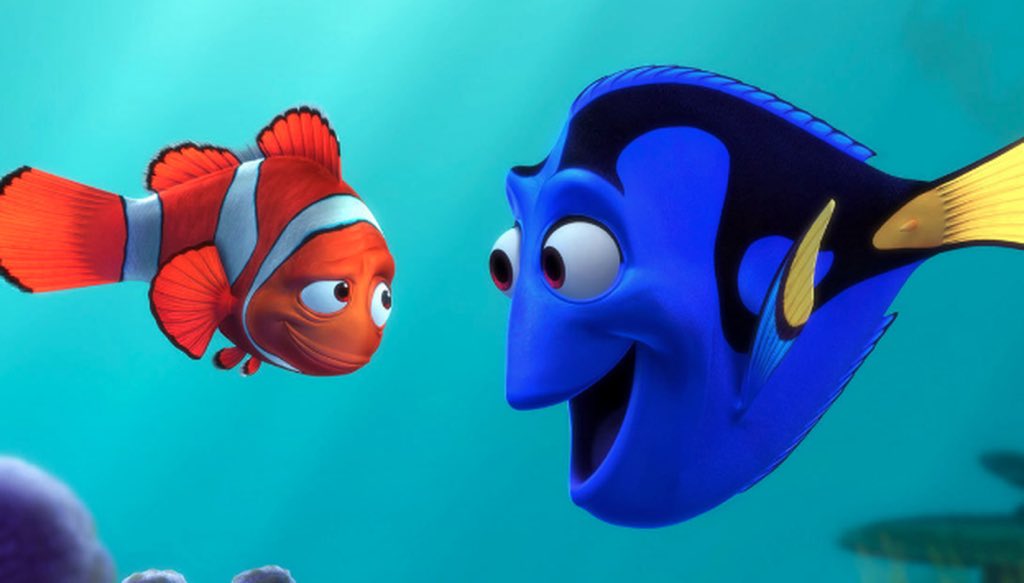1/ Act 1: Ordinary World.
First, we meet our hero & learn about their life - we establish the status quo. Our hero, capable of so much more, is content with the ordinary.
All of this is a prelude to the hero’s journey.
With Nemo & Marlin, we get a glimpse of life on the reef.
2/ Belief Systems.
These are mostly subconscious behaviors, often learned early in life, to keep us safe.
Conscious or not, we hold onto these beliefs dearly; even as they no longer serve us.
For Marlin, he must never let his son Nemo leave the reef. If he does, Nemo will die!
3/ Challenge Beliefs.
At some point we tire of the status quo. Our belief systems have kept us safe, but life is boring so we begin to test them.
On a dare, Nemo swims cautiously off the reef, until being scolded by Marlin. Still, he’s left the reef &, miraculously, didn’t die.
4/ Emboldened by this realization, Nemo swims further out defying his dad & the self-limiting belief.
At once, bravado turns to terror. Marlin watches helplessly as Nemo is taken by scuba divers.
In life, the reef is our comfort zone - stepping outside it leaves us vulnerable.
5/ Act 2: Death Moment.
Marlin is faced with a choice: stay safe on the reef - never to see Nemo again - or venture out at his own peril.
In our case, it is the decision to chase our dream, scary as it is, or let others place THEIR limitations on us - giving up for a safe 9-5.
6/ Nemo, meanwhile, is feeling sorry for himself and his new fate at the dentist’s office. All is lost.
He’s left the reef and he’ll soon meet certain doom. Her name; Darla. Resigned, Nemo will live out his final days in this fish tank.
Or, he can take the call to adventure...
7/ Meeting the Mentor.
All alone, wishing Nemo had just listened to him, Marlin meets an annoying but persistent companion, Dory.
Short on memory and long on positivity, Dory teaches him to overcome his fear of loss, and ‘just keep swimming’.
Showing up, after all, is a skill!
8/ In life, our mentor(s) share with us inconvenient, uncomfortable truths.
Truth tends to threaten the beliefs we’ve constructed to protect us.
Rather than face it, we seek out validation and play it safe with woulda-coulda-shoulda’s.
Too often, this is where the story ends.
9/ Trials + Failure (& Helpers).
Taking the journey means facing our greatest fears, and lowest lows.
Still, ‘if you want something bad enough, the whole universe conspires in your favor.’
Help appears in unlikely forms. For Marlin & Nemo, it was sea turtles and a pelican.
10/ Final Act: The Return.
Just as Marlin & Nemo are reunited, Dory is captured. Nemo, no longer afraid, springs to action.
All those trials, along with Marlin’s newfound trust have unleashed in Nemo ‘superpowers’ to rise in the moment.
Far from the reef, our hero is born.
11/ Rather than protect us, antiquated belief systems stand in the way of greatness. How we respond in those ‘death moments’ will define our greatest triumphs.
So, what will you choose?
Play it safe on the reef and let life happen to you. Or risk it & take the hero’s journey...
12/ Who knew a little clownfish - and
@Pixar - could teach us so many valuable lessons!
If you’re interested to dive deeper into the evolutionary psychology behind why we do the things we do, I highly recommend ‘Behave’ by Robert Sopolsky.
https://t.co/xyl6d7D2GW
13/ And, for more inspiration to;
-keep showing up
-dream big
-bet on yourself
-& build a winning team
take a journey down the rabbit hole here 👇🏽👇🏽👇🏽
https://t.co/SQwiX5Z6pw























